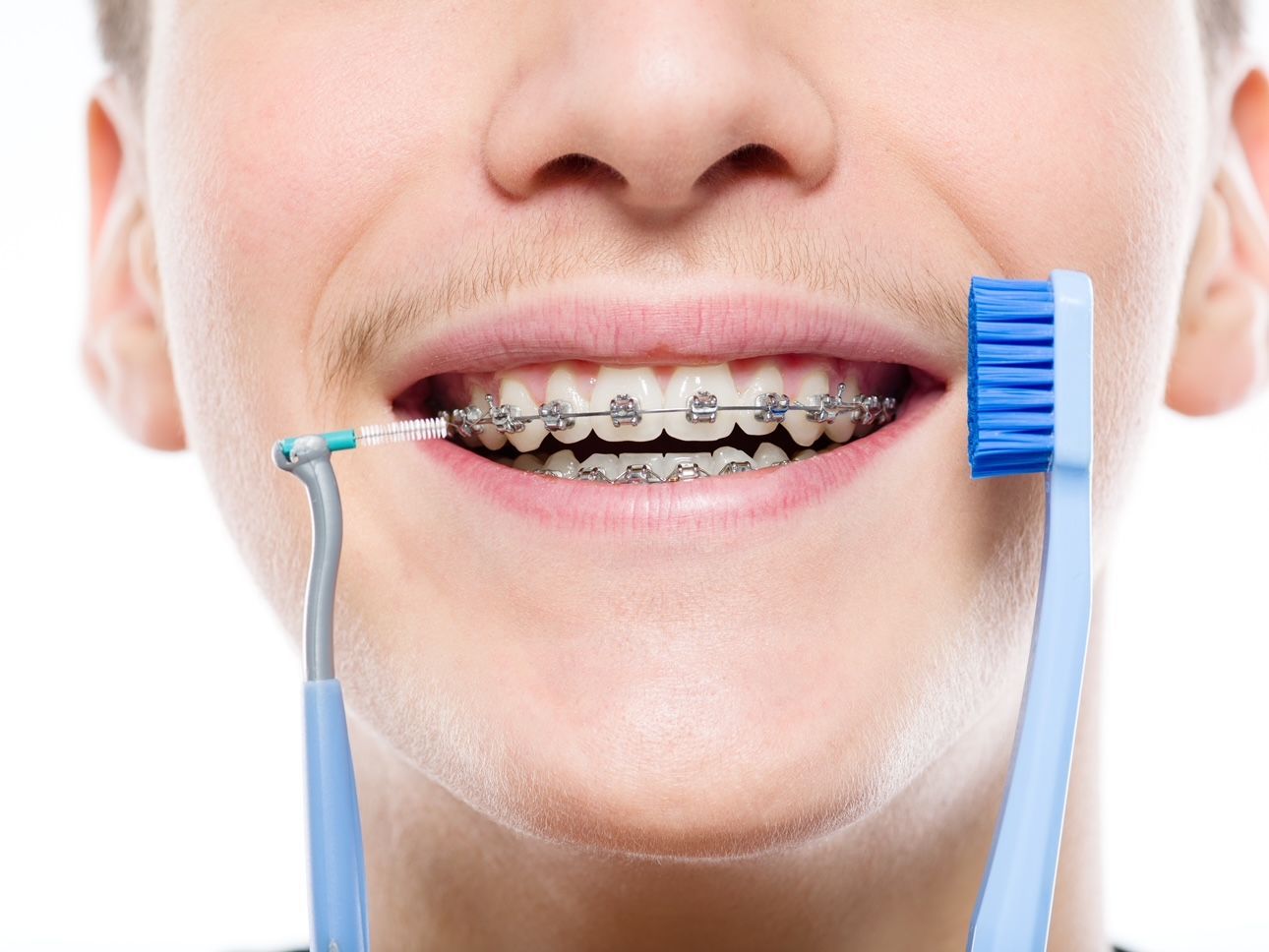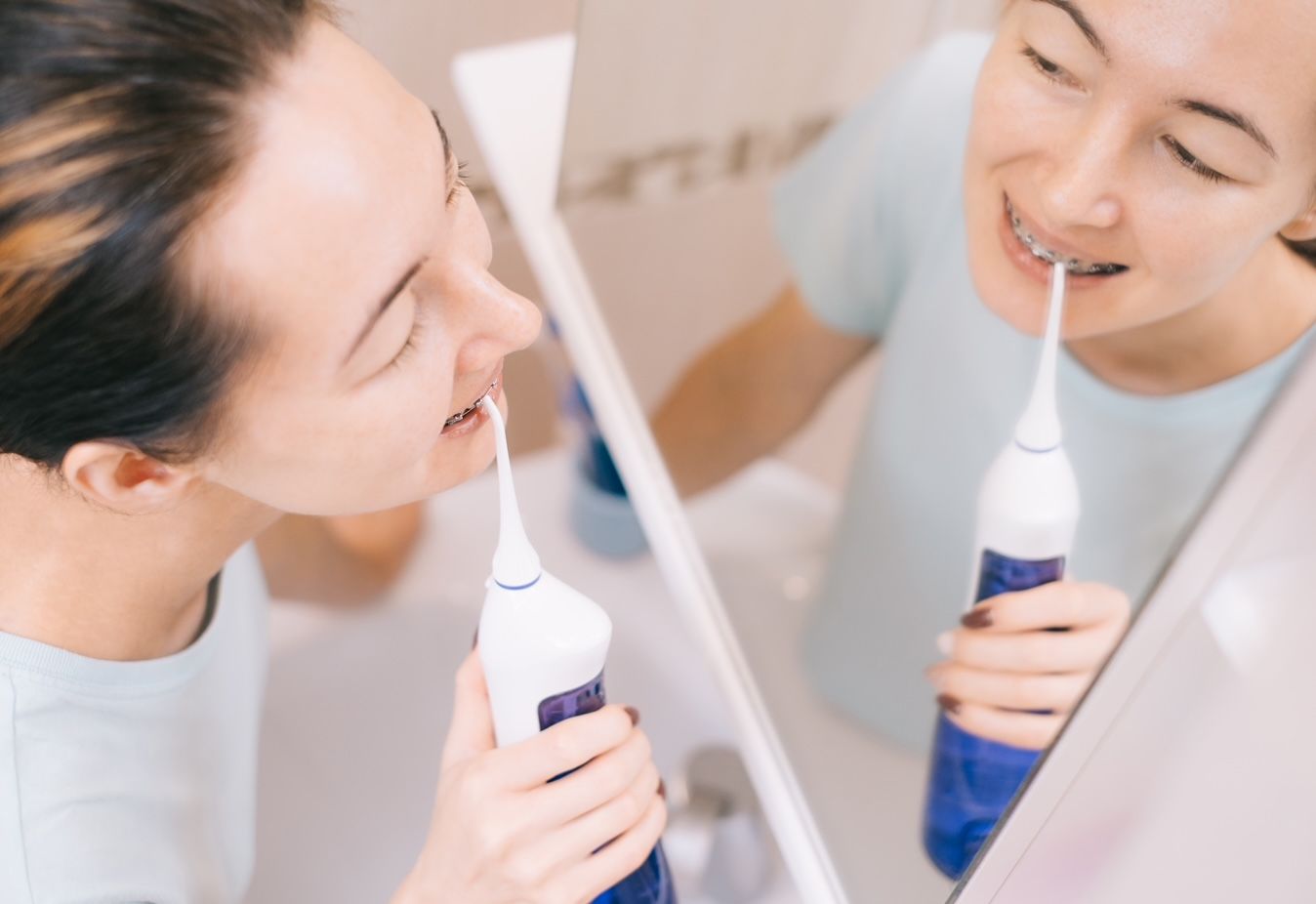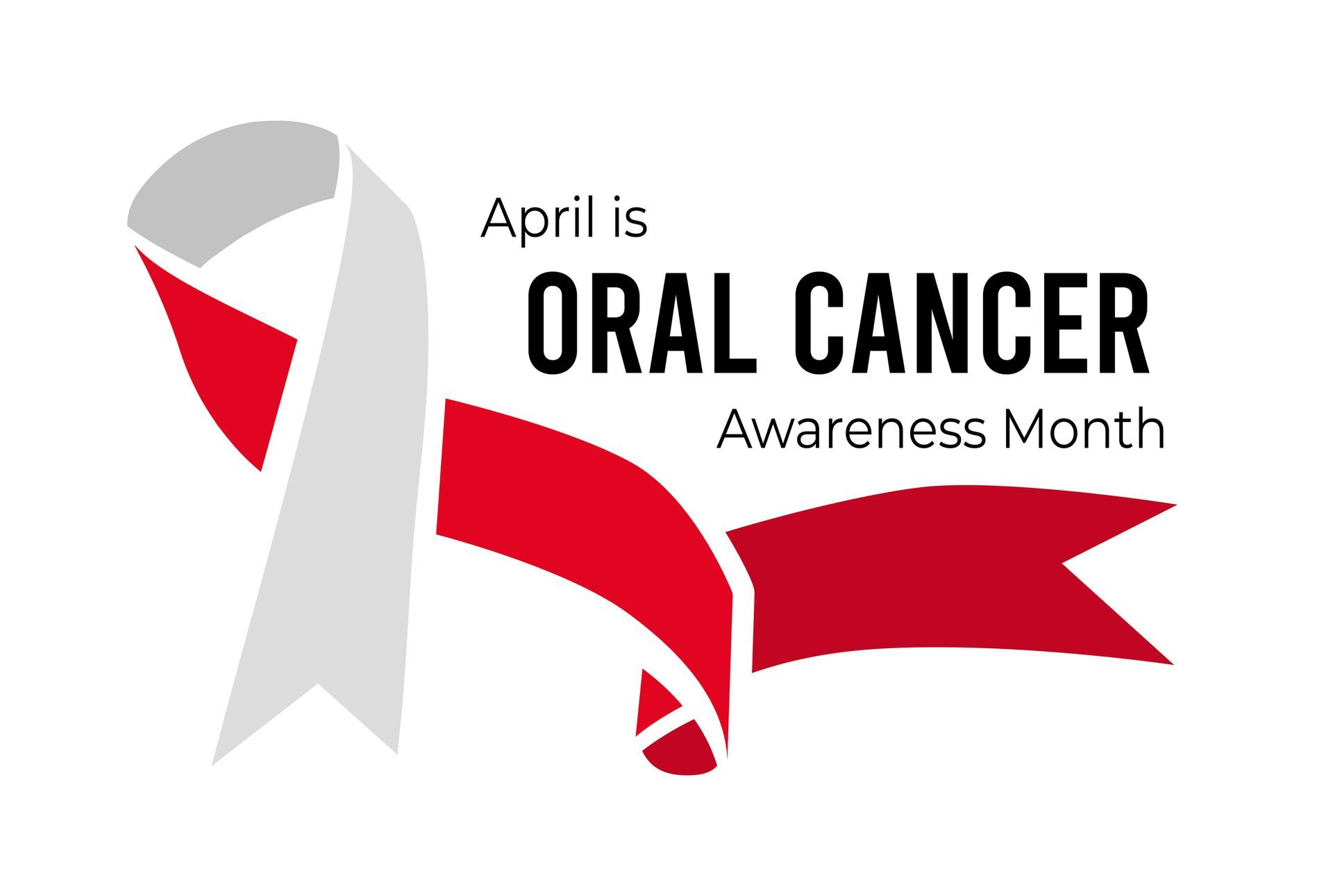Brace Yourself: Good Oral Hygiene Routines with Braces Is Essential!
Orthodontic treatment with braces is a significant step towards achieving a well-aligned, healthy smile. However, the presence of braces complicates oral hygiene routines, making diligent care essential. This article will highlight the importance of maintaining good oral hygiene and home care habits while wearing braces.

The Challenges of Braces
Braces, with their brackets and wires, create numerous nooks and crannies that can trap food particles and plaque, a sticky film of bacteria. If not removed, plaque can lead to dental issues like cavities, gum disease, and even enamel staining around brackets.
Essential Oral Hygiene Practices
1.
Regular Brushing:
It’s recommended to brush teeth after every meal or at least twice a day. Using a soft-bristled toothbrush and fluoride toothpaste helps remove food particles and plaque. An orthodontic brush or an electric toothbrush can be more effective.
2. Flossing Daily: Flossing with braces takes more time but is crucial. Use a floss threader or orthodontic flossers to navigate around wires and brackets.
3. Interdental Cleaning: Interdental brushes are excellent for removing debris between braces and teeth.
4.
Rinsing with Mouthwash: An antibacterial mouthwash can help reduce plaque and prevent gum disease.

Diet and Lifestyle Adjustments
Wearing braces requires dietary modifications to protect the orthodontic hardware and your teeth. Avoid hard, sticky, or chewy foods that can damage braces. Sugary and starchy foods should be limited as they contribute to plaque formation and tooth decay.
Regular Dental Checkups and Cleaning
Routine visits to the dentist and orthodontist are crucial. They can monitor the progress of your treatment, make necessary adjustments, and provide professional cleaning to maintain oral health.
Dealing with Common Issues
Be prepared to manage common issues like loose brackets, broken wires, or mild discomfort. Know when to call your orthodontist for guidance or emergency care.

The Payoff of Good Oral Hygiene with Braces
Maintaining good oral hygiene with braces might seem daunting, but it’s crucial for the health of your teeth and gums. This commitment not only ensures a beautiful smile post-treatment but also prevents dental problems that can arise from poor oral care.
Conclusion
Good oral hygiene is non-negotiable when wearing braces. With the right practices and adjustments, you can ensure that your orthodontic journey leads to a healthy, well-aligned smile without compromising your oral health.
This article serves as a guide for individuals with braces, emphasizing the importance of meticulous oral hygiene and the necessary adjustments to maintain dental health throughout their orthodontic treatment.




